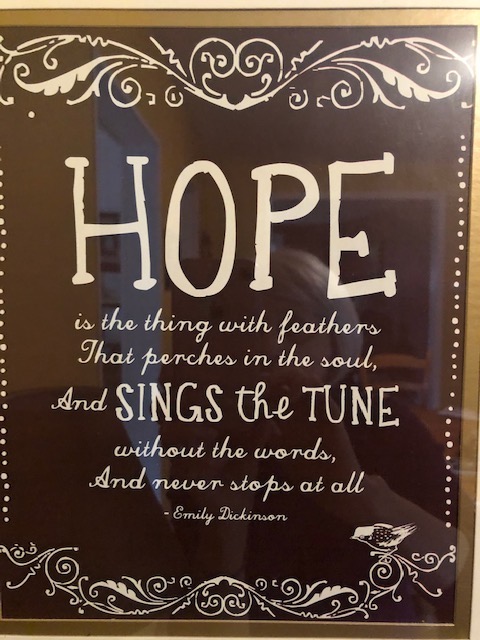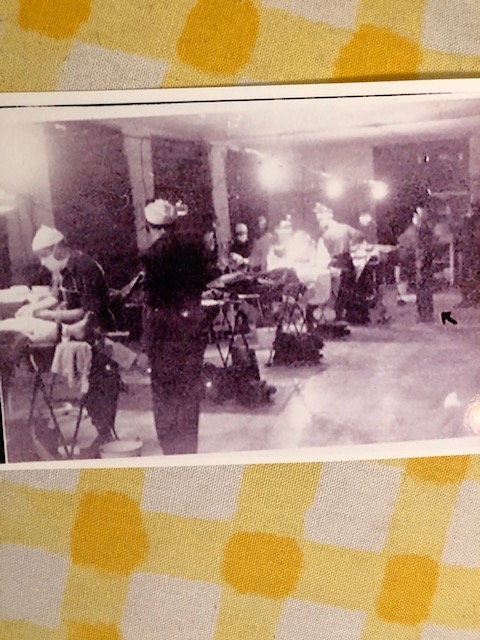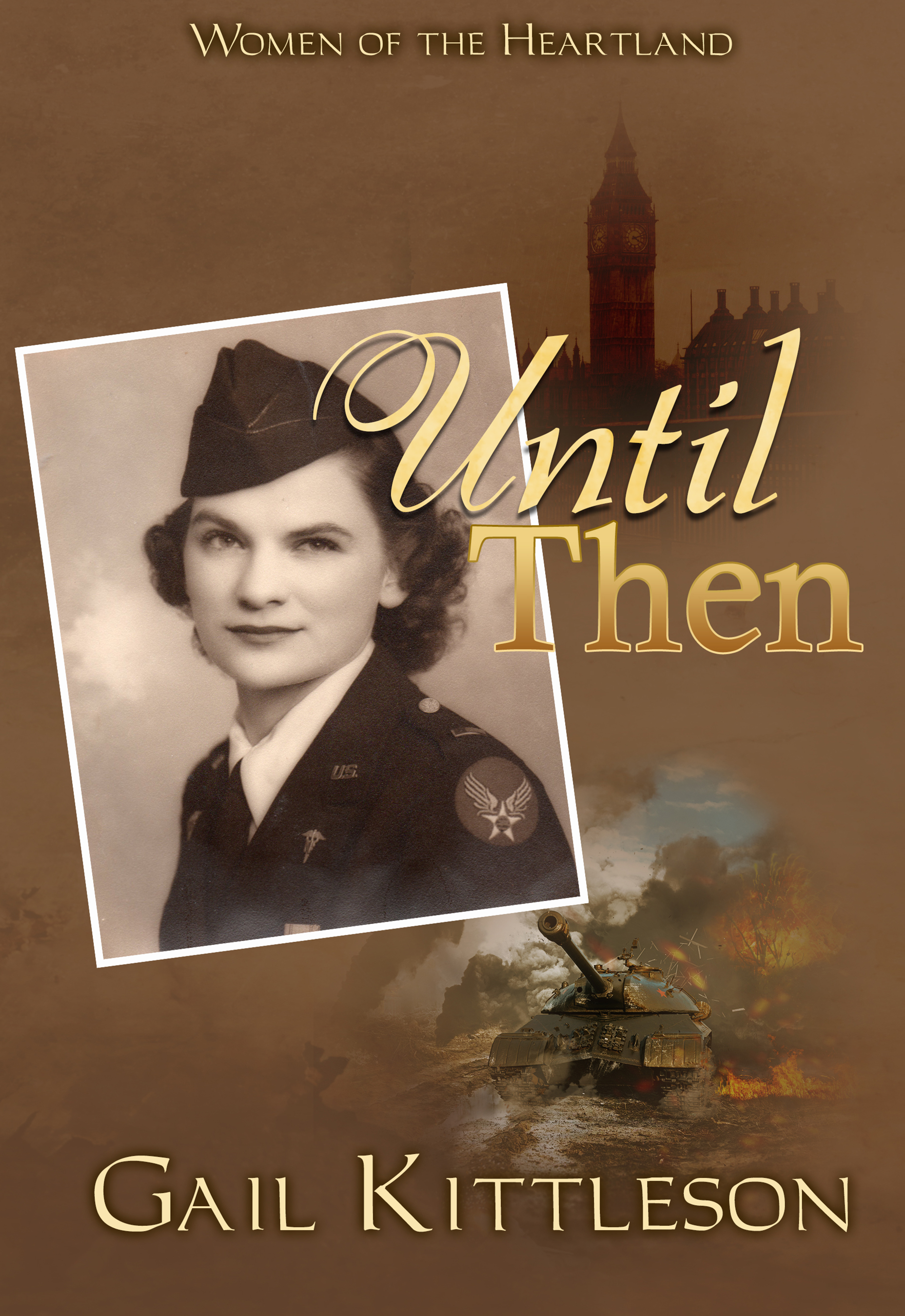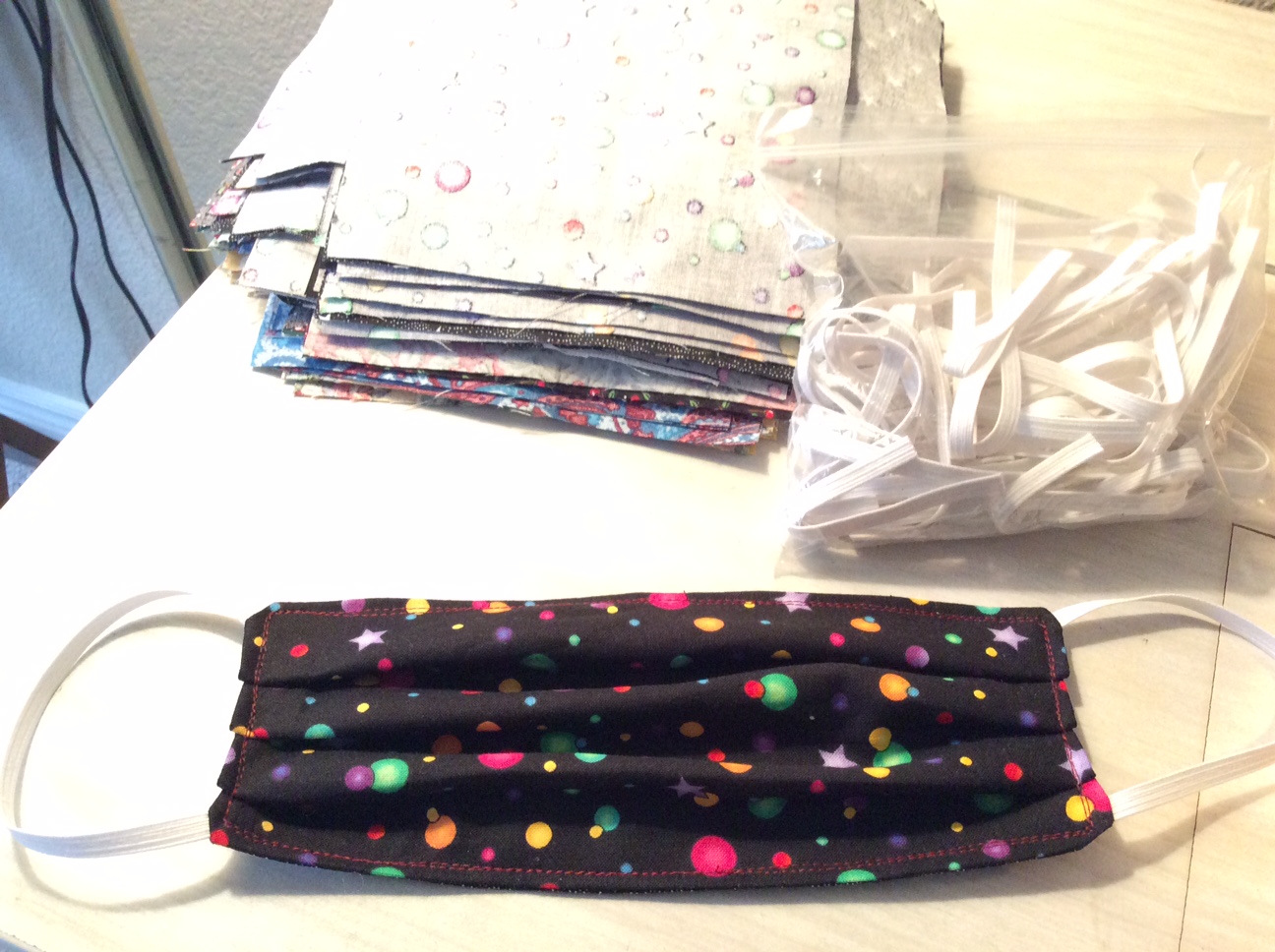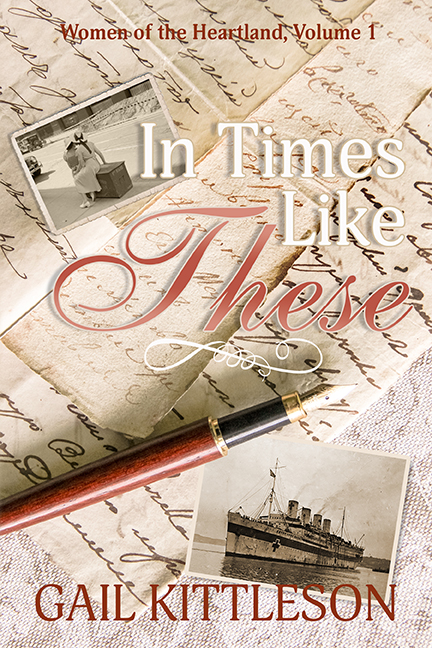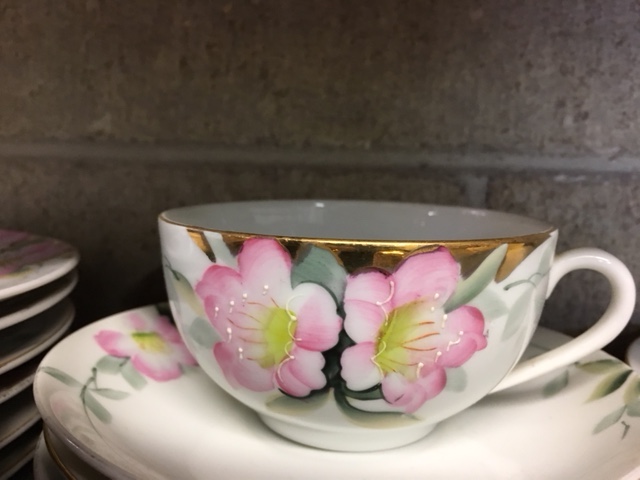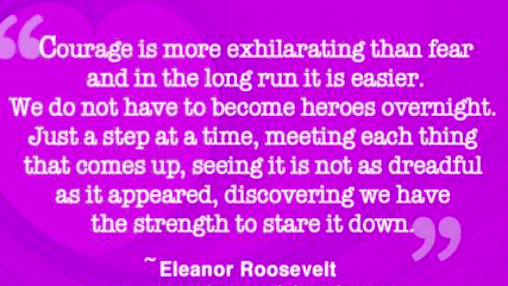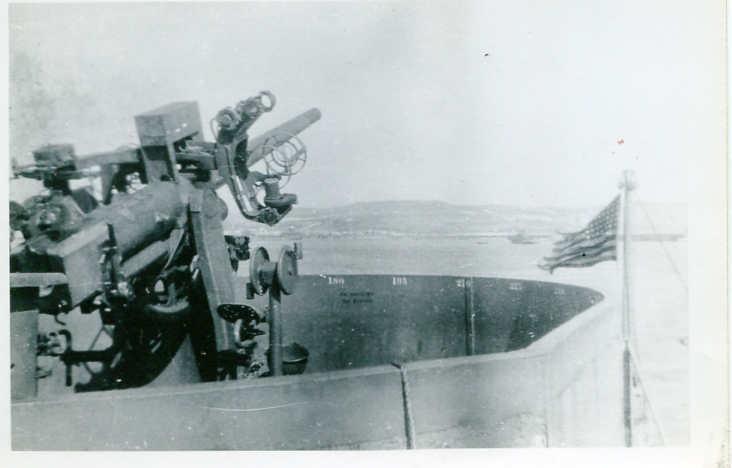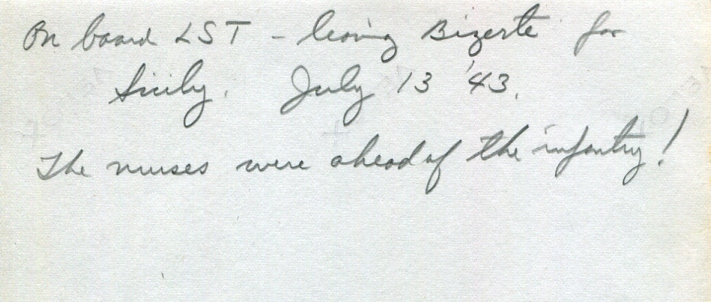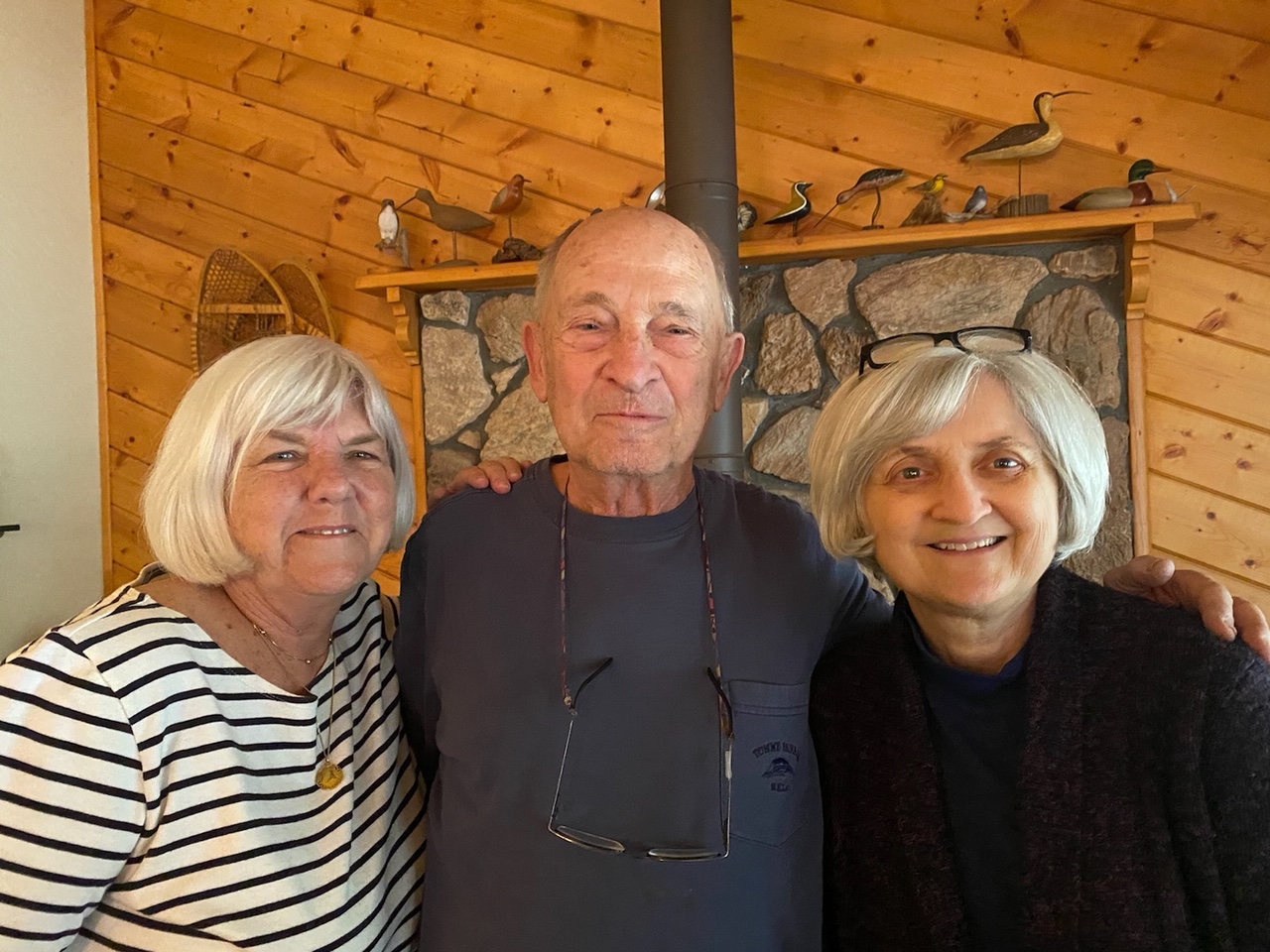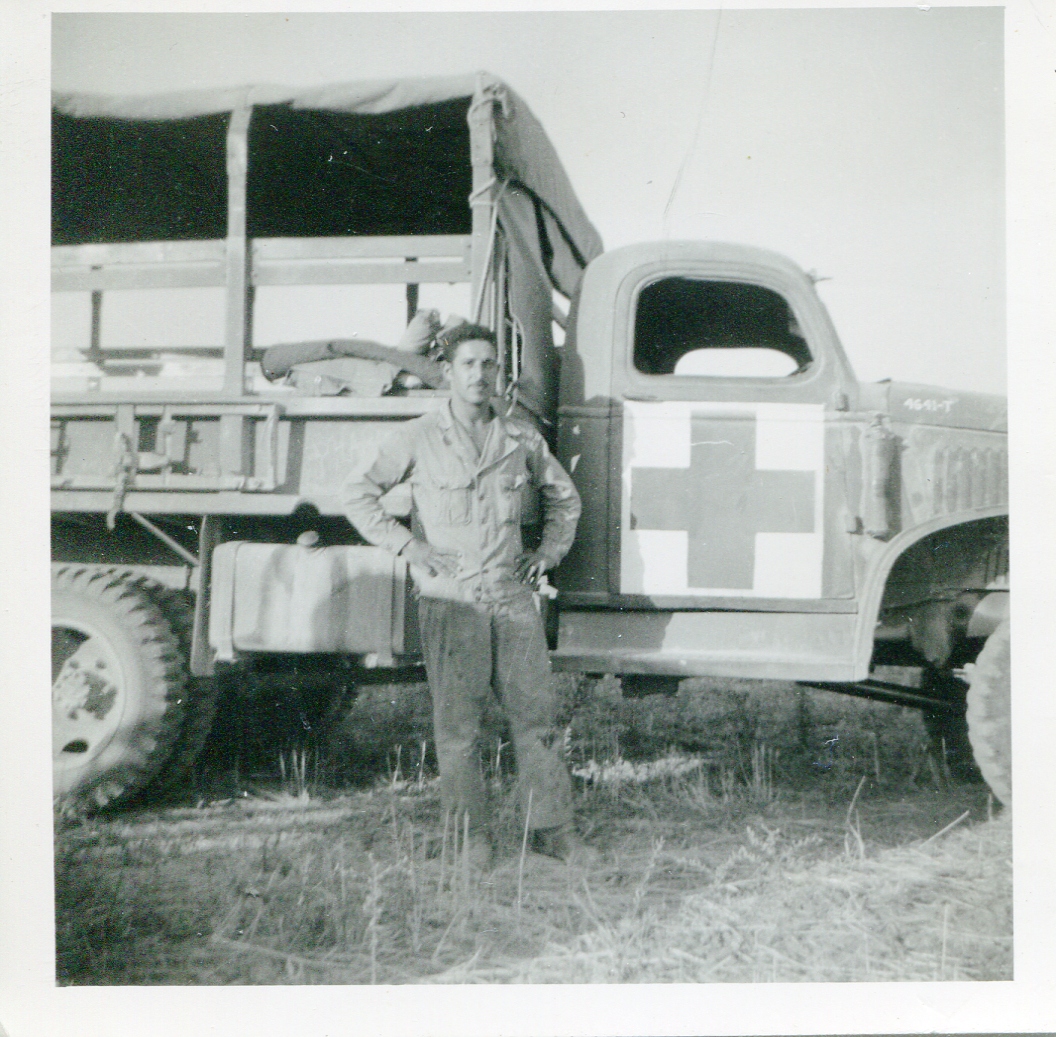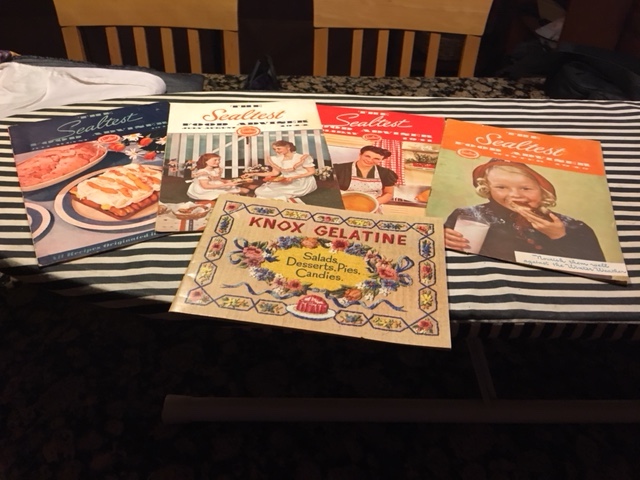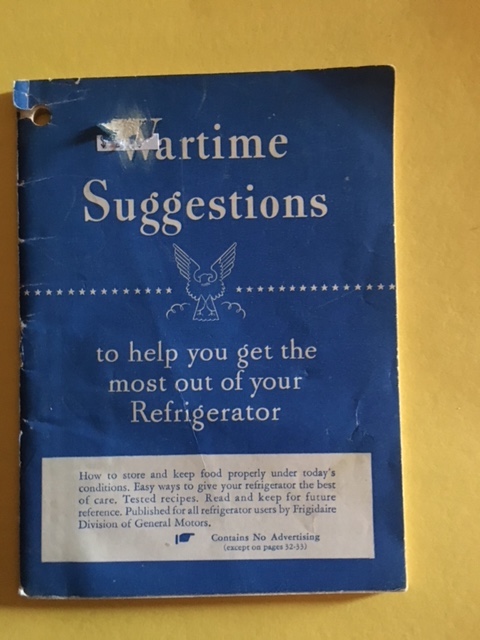This generation had been born during and after the Spanish Flu Epidemic.
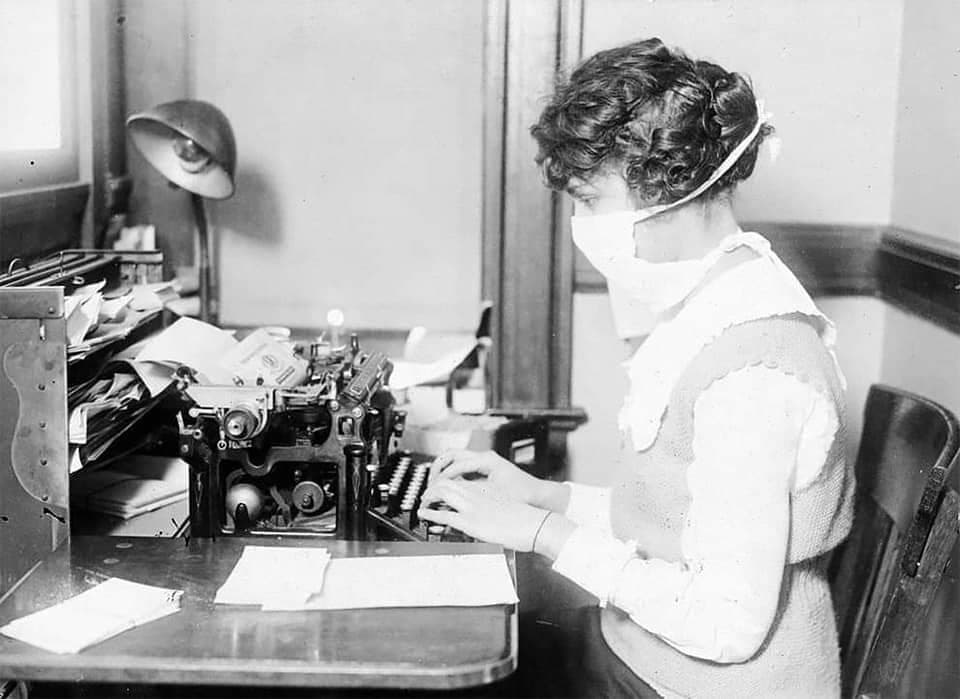
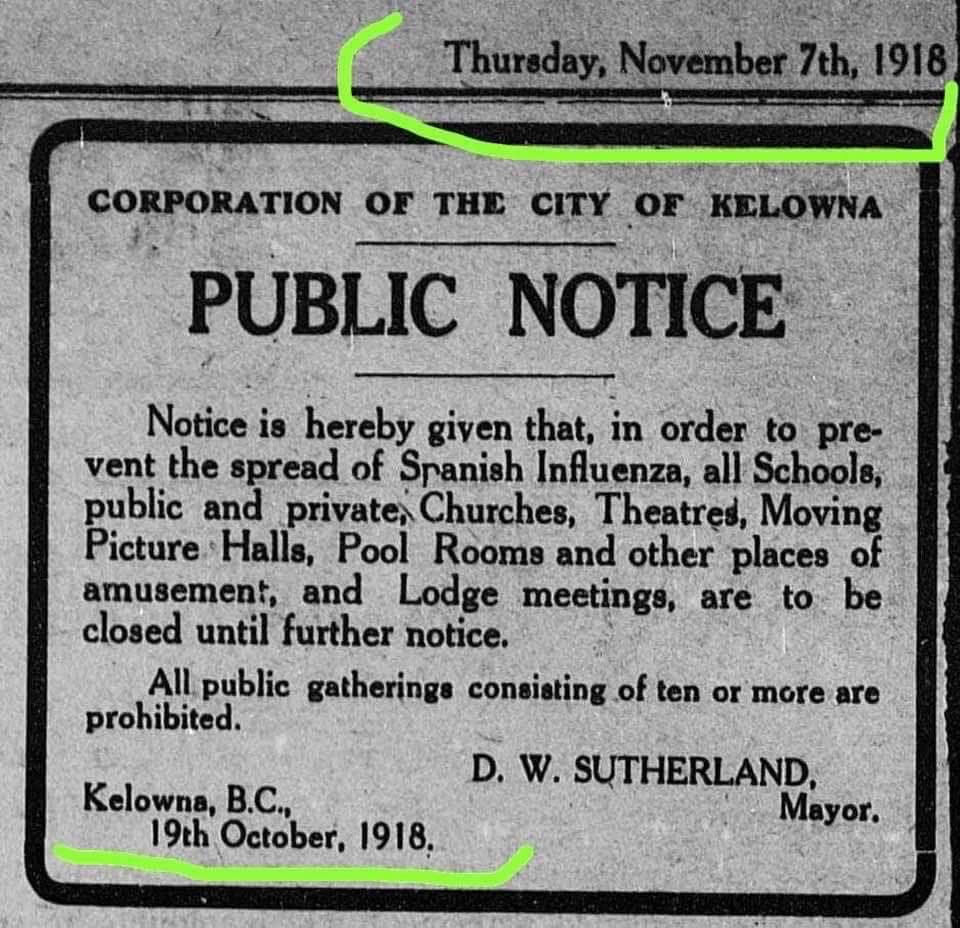
Now, the world had come through the Great War and the Great Depression. Hitler had taken control of the Sudetenland and Austria. When he invaded Poland, France and England declared war on Germany.
In May 1940, King George VI declared Winston Churchill England’s new Prime Minister. On May 10, Mr. Churchill addressed his new government.
“I would say to the House, as I said to those who have joined this government: “I have nothing to offer but blood, toil, tears and sweat.
“We have before us an ordeal of the most grievous kind. We have before us many, many long months of struggle and of suffering. You ask, what is our policy? I can say: It is to wage war, by sea, land and air, with all our might and with all the strength that God can give us; to wage war against a monstrous tyranny, never surpassed in the dark, lamentable catalogue of human crime. That is our policy. You ask, what is our aim? I can answer in one word: It is victory, victory at all costs, victory in spite of all terror, victory, however long and hard the road may be; for without victory, there is no survival… But I take up my task with buoyancy and hope. I feel sure that our cause will not be suffered to fail among men. At this time I feel entitled to claim the aid of all, and I say, “come then, let us go forward together with our united strength.”
August 5–transatlantic flights from London are suspended for September.
August 15- Government Quote and Cypher School personnel move to Bletchley Park
August 23 – most National Gallery paintings are evacuated to Wales
August 24 – Parliament recalled, Army Reservists called up, Civil Defense workers alerted
August 30 – the Royal Navy proceeds to war stations
In retrospect, the markers are clear, but many thought, surely the world will not engage in another horror like the Great War–surely humankind has learned its lesson!
Too late to turn back, the British people went forward. Soon afterward, the Blitzkrieg began, with tens of thousands of bombs dropped on their homeland. As with the Great War and the Influenza Epidemic of 1918, there was but one way to go–through.



